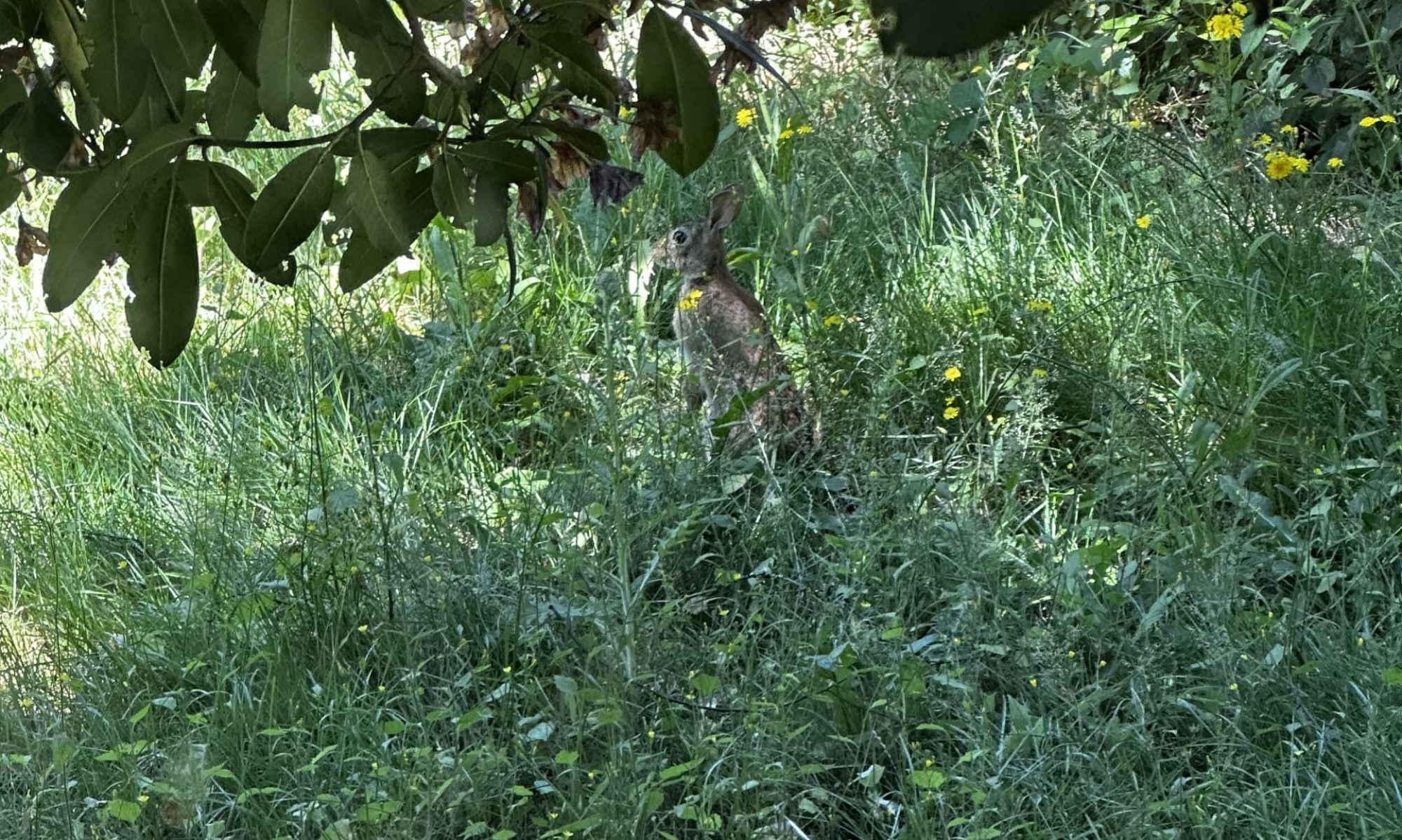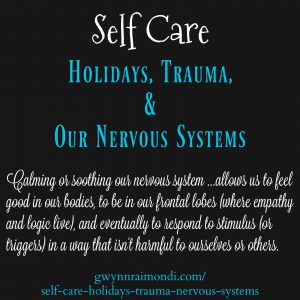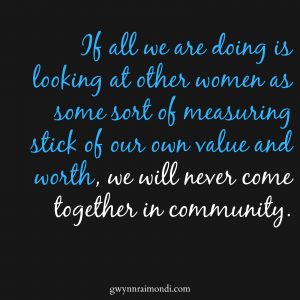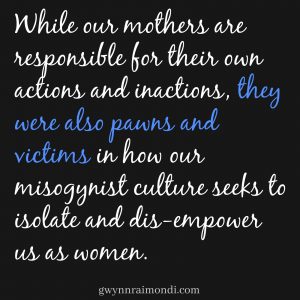Boundaries define us. They define what is me and what is not me. A boundary shows me where I end and where someone else begins, leading me to a sense of ownership. Knowing what I am to own and take responsibility for gives me freedom.
~Henry Cloud
Boundaries.
We talk about them a lot. On my most recent Open Office Hours call we talked about them, in fact.
We talked about what a boundary is. What they mean to us. What some of our “obstacles” may be in honoring or defending our own boundaries. What some of our stories are when others honor their own boundaries. How boundaries run both ways. How they are fluid. How they are complex.
There are many things I believe about our boundaries. One is that they are fluid and living and breathing; they change from day to day and person to person. In a phrase, what our boundaries actually are depends on All The Things.
In my experience there are no hard and fast rules when it comes to boundaries. What may be a firm boundary with person A today may not be a boundary at all tomorrow with person B. Many of our personal boundaries change with time, and some never change at all. This is part of life – we all change and grow and it makes sense that our boundaries would do so too.
I also deeply believe our boundaries, physical, psychological, and emotional, are directly tied to our bodies. What I mean by this is that I believe we can sense when a boundary is being violated long before we are fully consciously aware of what it happening. Our body reacts, in one way or another, to this intrusion. It could show up as a knot in our stomach or literal pain in our neck. It could show up as suddenly feeling agitated or anxious, without any “real” or “logical” explanation. It could show up in any number of ways. The point being, our body is giving us information, long before our brain can comprehend what is going on.
Our boundaries are also tied to our histories. If we have trauma in our past, how our caretakers modeled boundaries when we were children, both inform what our boundaries are as well as how we react when our boundaries have been violated.
Our culture also informs our boundaries, and more importantly, how or if we defend them. We all have messages about “being nice” and “not hurting people’s feelings” in our psyches and bodies to unravel.
We have all been told in one way or another that our Noes don’t matter, aren’t valid, and should never be voiced.
Most of us learned at a young age that when we say no to someone or something we are giving them a message that we don’t love them. And of course, while we internalized this direct message, we also internalized the reverse :: that if someone says no to us it means they don’t love us.
Again, boundaries go both ways. There are our own boundaries for us to connect to and consciously and intentionally decide to defend (or not!) and there are the boundaries of others that may stir up some of our own stories of worth and value and instigate an unconscious response from us.
There is so much for each of us to unravel around our boundaries, including becoming consciously aware of where they come from and when and if we want to honor and defend them (and I’ll tell you now, the answer isn’t always yes, there can be many different reasons why we don’t defend our boundaries and none of them have to do with us being “weak” or having “poor judgement.”)
I talk more about this in the 13 minute video below ::
This essay is the second in a three part series I have put together to introduce some of the topics we’ll be exploring in my winter self-care circle, Self Care for Challenging Times :: Holiday Edition. If you’d like to learn more and possibly join us, you can click right here.
Other essays & videos in this series ::



